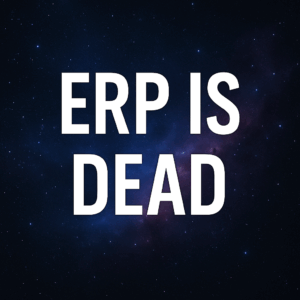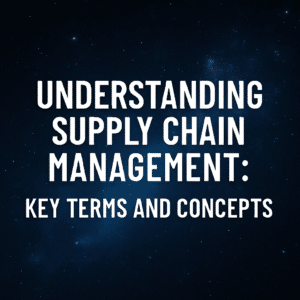As companies around the world reap the benefits of ERP implementations and digital transformations, the focus on developing areas remains a mixed bag. Digital successes enjoyed by countries like China and India have allowed them to compete on the global stage in new ways. I find Africa to be an equally intriguing center for this conversation, rich in natural resources but even richer in its peoples and cultures.
Although countries and businesses in Africa are striving to achieve some of these digital successes, not surprisingly some struggle to access technology, specifically widespread access to broadband and mobile. As an example, South Africa leads the way with surrounding countries left with a variety of challenges or slowly evolving options.
Table of Contents
ToggleThe digital divide between African digital transformations
These “digital divides” between countries, cities, and rural areas expose the pain and complexity of making an equalized technology footing a reality. Another example is Botswana, where there is a rollout of free Wi-Fi hotspots in rural areas, as well as cities, facilitated by the government.
Allowing African companies to differentiate themselves via access to technology has been slow to unfold. Many of these challenges are what make Africa unique and awe-inspiring – the rural nature of the continent, the vast distances between centers, and the cultural uniqueness of African peoples. With that said, grand-scaled public Wi-Fi zones can be created today more feasibly than ever.
The causes of slower digital adoption in Africa
Africa has been slow and spotty in accessing the growth of cellular data, and the expansion of it into the 5G space could transcend structural limitations. Even parts of the developed world such as Germany face bottlenecks. As reported in the Wall Street Journal, gigabyte connections in Germany that can handle more than 1,000 megabits per second are rare.
Connecting people in developing countries presents only opportunity. In Zimbabwe, paying with a phone instead of cash has linked financial activity to the digital space that has been slow to develop even in the United States. Can you remember the first time you paid at a store with your phone, not a card or cash? Many Americans would say no, because there hasn’t been a first time for them to remember.
Organizational change management is key to digital transformation in Africa
Organizational change management is critical to any digital transformation. Because of the adoption and digital divide issues outlined above, organizational change is even more key to digital transformations in Africa and other developing regions of the world. Even when digital technology and infrastructure in Africa catches up to the rest of the world, there are a number of people, change management, and adoption issues that need to be addressed.
This video outlines some of the things that you should consider as part of your global digital transformation – whether in Africa or any other part of the world:
Who should pay for digital adoption in Africa?
The conversation is not as much about the adoption of digital technology, as it is about who pays for it. Should technology be a human right like access to clean drinking water? Often the solution is a combination of public and private funding to make things happen.
Businesses can help facilitate access while reducing or eliminating costs. Whether you like Starbucks or not, they were a disruptive innovator in offering complimentary Wi-Fi and it has only helped their business model. Can African companies borrow from this example?
Are we on the verge of people, businesses and governments working together to set the stage for what could be a digital revolution that transforms not just Africa, but the world? Africa’s greatest resource is its willing and capable workforce, and my bet is yes.
Third Stage Consulting is a resource to public and private companies and governments looking to strategically and efficiently improve their digital performance and footprint. Please contact us to brainstorm ideas on how to define an effective digital transformation strategy for your global organization – we are here to help!





